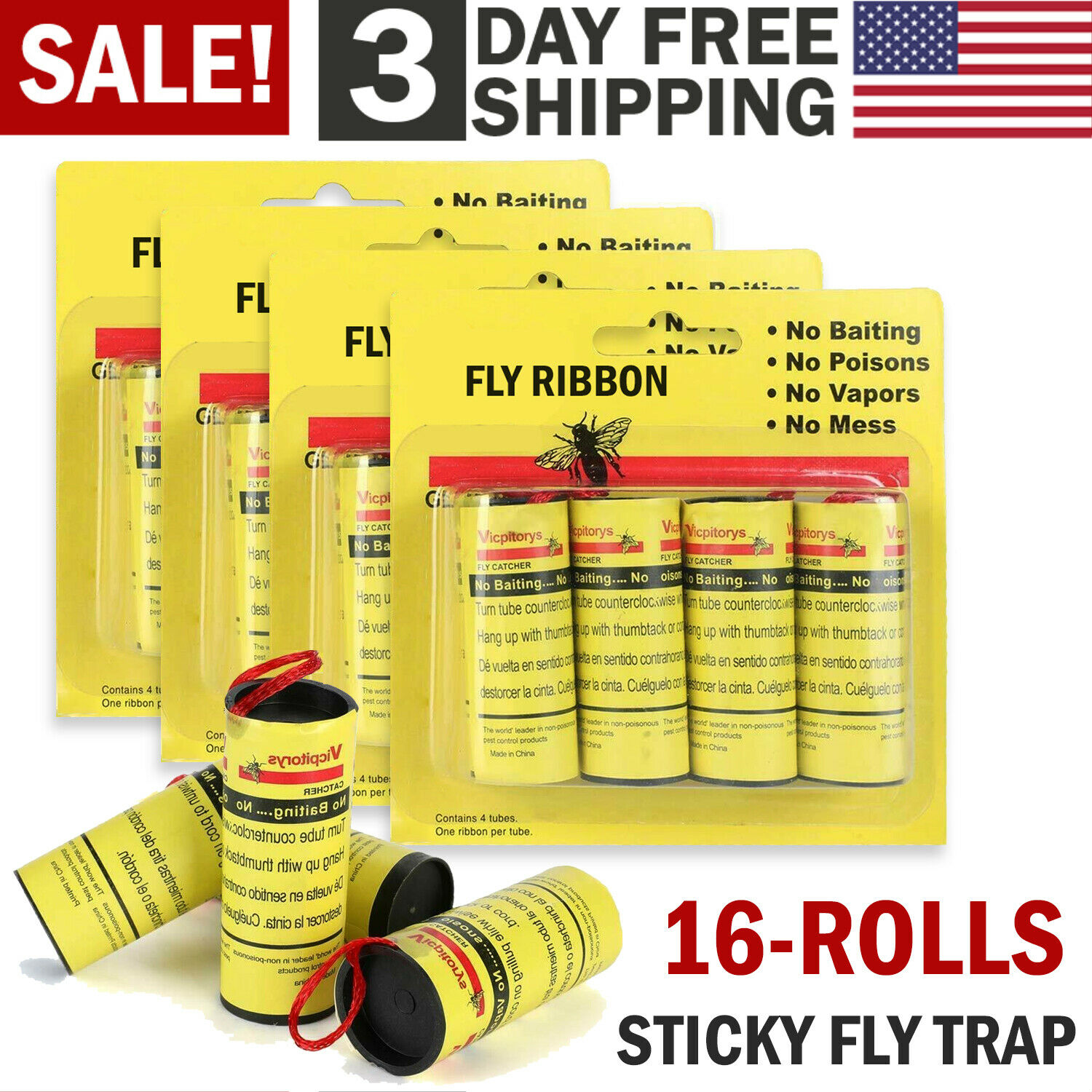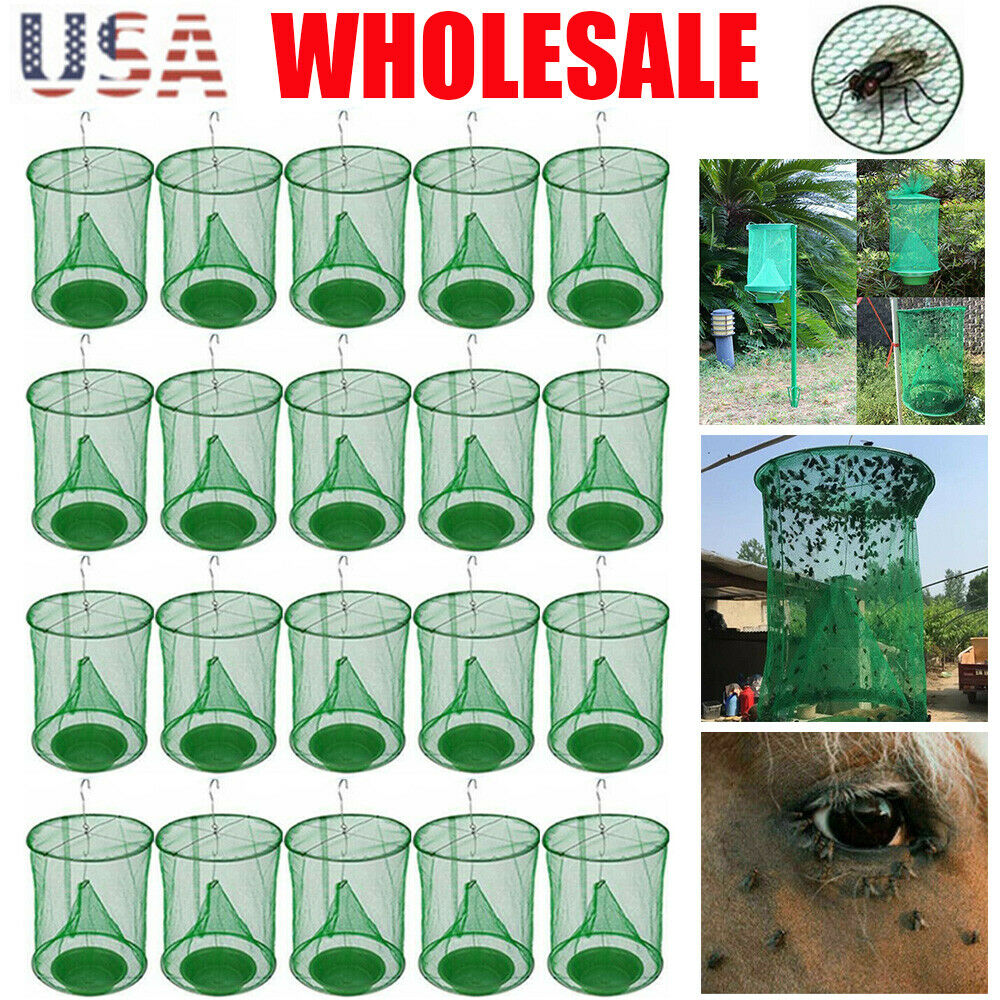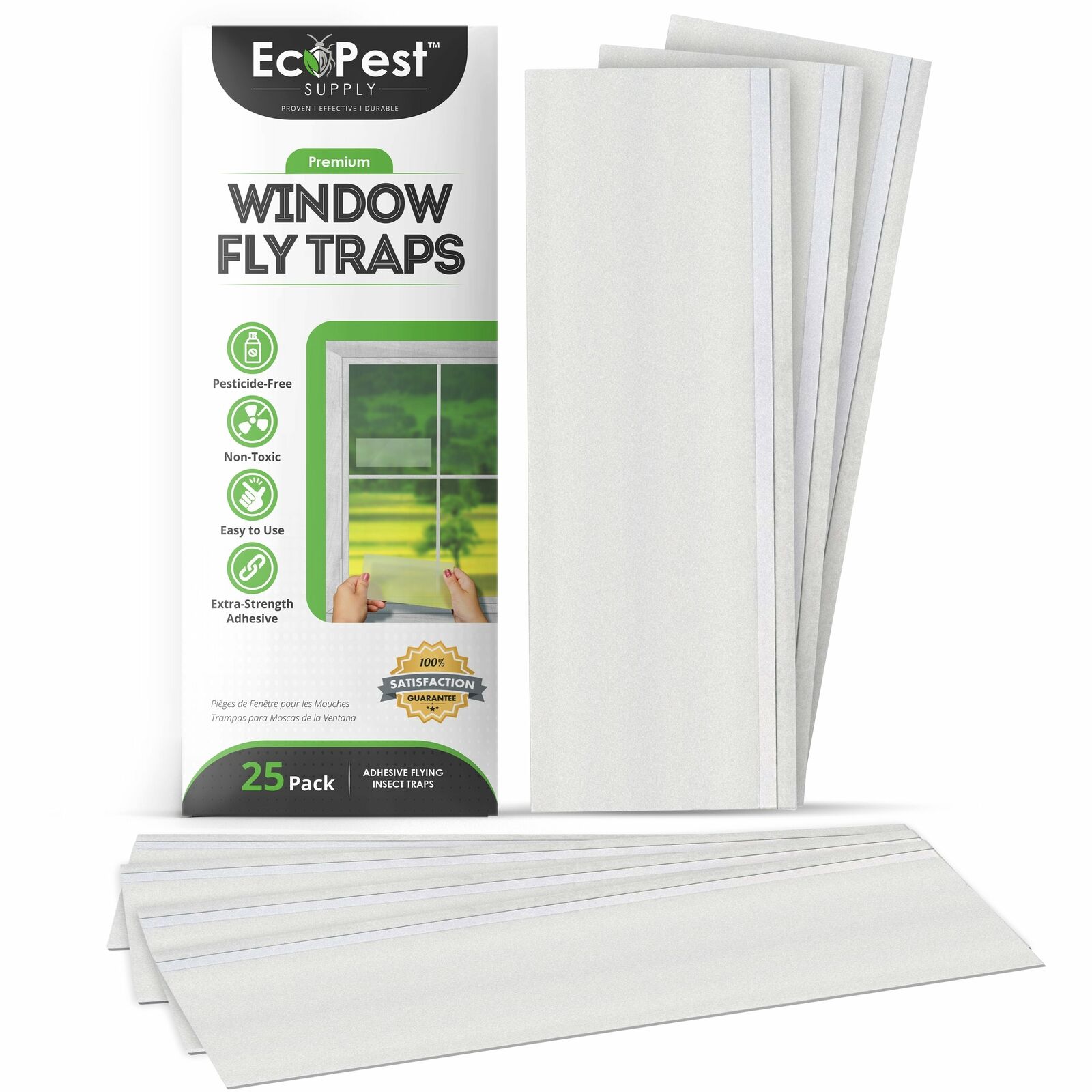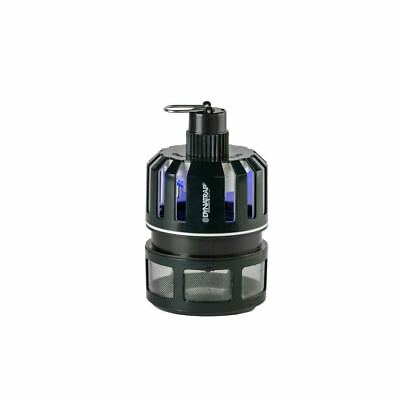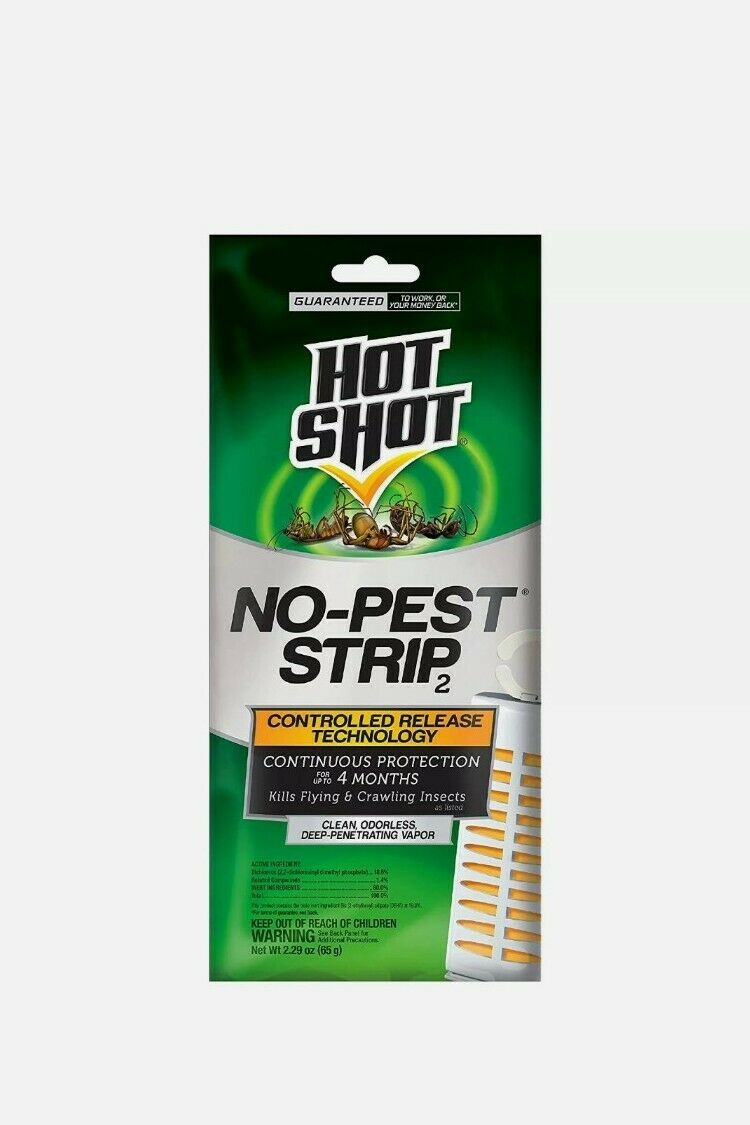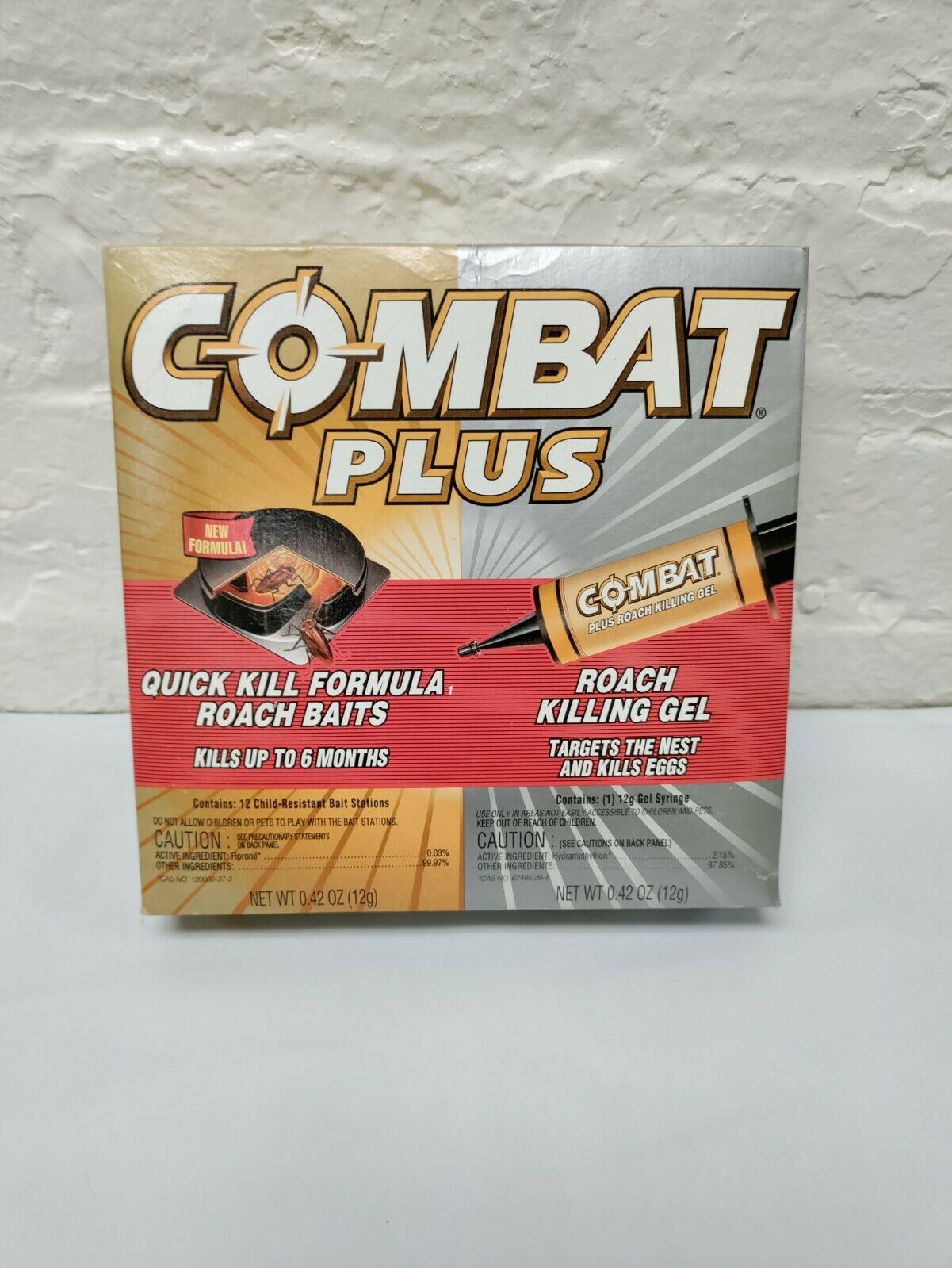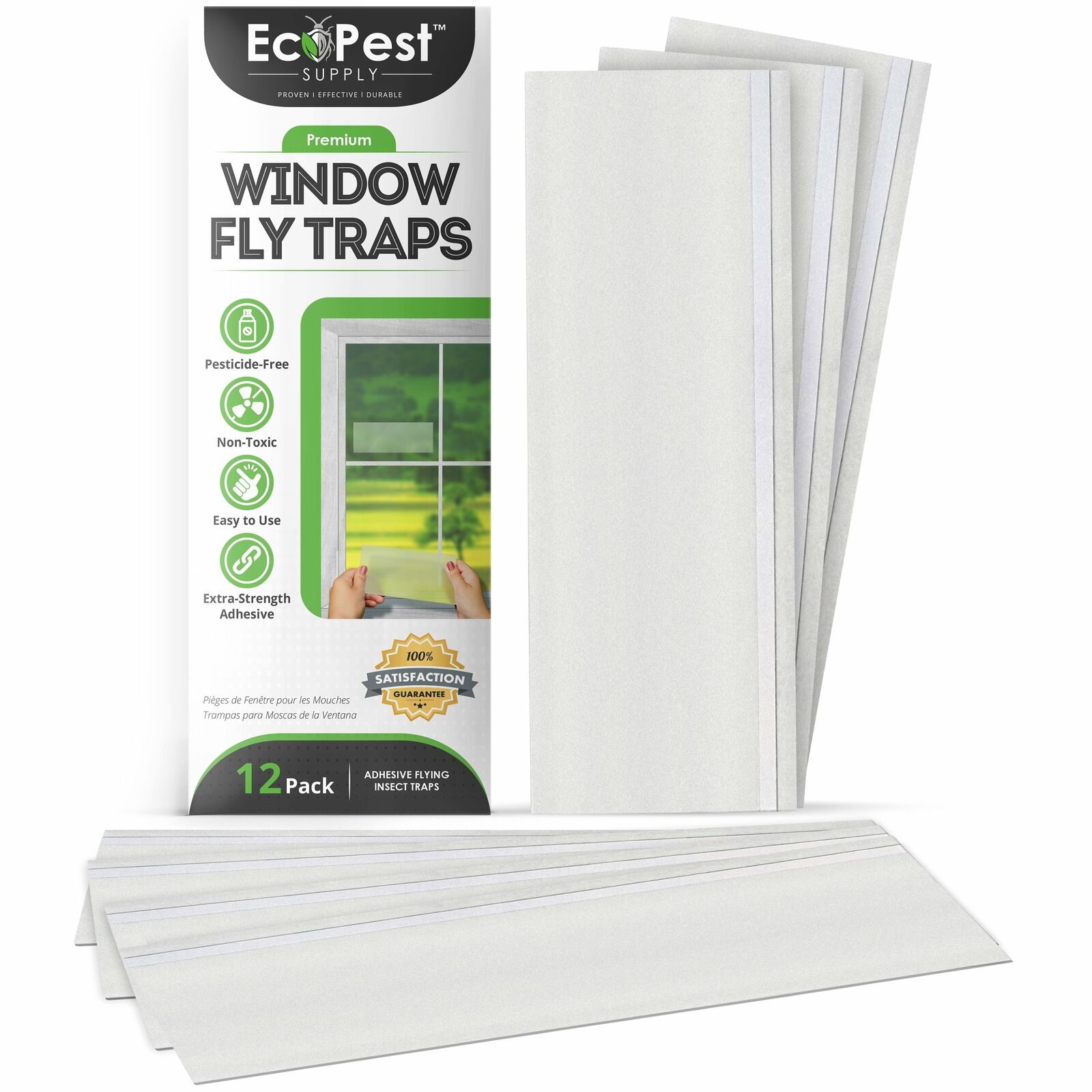-40%
Carpenter Bee Traps
$ 10.55
- Description
- Size Guide
Description
From my workbench to your home, handmade carpenter bee traps to reduce active boring bees. Fresh untreated fir to mimic decomposing wood, with inviting holes to explore. Easily replaceable pint mason jar receptacle can be purchased anywhere home goods are sold.Carpenter bees are considered solitary insects and not social ones since they congregate in small groups and don’t nest in colonies. A carpenter bee nest consists of a male and female pair, only the female bee will sting, the male has a hardened abdomen to protect the nest with. After selecting a nesting spot the female will bore into the wood and seldom leaves. The male is the one who collects food and protects the nest.
While carpenter bees are a beneficial insect that help pollinate flowers and crops, they are highly destructive to people’s homes. Woodpeckers can also follow carpenter bees around and further damage the wood trying to eat the bees and their young. Unfortunately, due to this wood damage when humans and carpenter bees run into each other they need to be controlled.
How the trap works
The carpenter bees enter the 45-degree holes they are drilled at this angle so the light only comes in from the bottom of the trap. Once in the trap they crawl towards the light(jar), and have difficulty find their way back out.
Once in the jar they can either be relocated or left to expire.
Directions for best results
Control is best achieved be combining both a passive trap and a chemical application. All existing holes should be dusted or sprayed with a pesticide. Carpenter bees like people prefer to have premade holes, after treating all existing holes, they should be sealed with caulk/putty. Sealing the holes will encourage them to explore the traps as a nesting site quicker. Traps can be seeded with a dead carpenter bee to further speed up trapping them.




